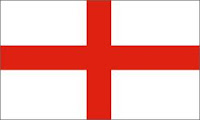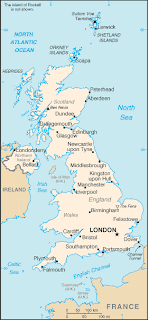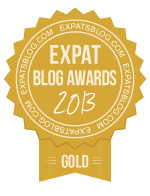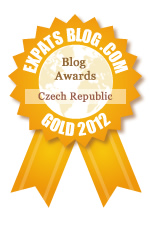 Tipping is something that is very different over here in Euroland. Things are a little different in every country but overall people here tip far less than we do back in the USA.
Tipping is something that is very different over here in Euroland. Things are a little different in every country but overall people here tip far less than we do back in the USA.In the USA, servers and bartenders earn their livings from tips. In many states, servers actually earn less than the minimum wage because the tips are supposed to make up the difference. I remember waiting tables and earning only $2.13 per hour plus tips. A standard tip is 15% and a good tip is 20% or more. The kicker is that the government taxes wait staff 8% of their sales so if a waiter doesn't get at least 8% then they actually end up paying money out of their pocket to wait on customers.

In the USA, servers generally don't like waiting on Europeans because they don't tip. I remember that the running joke was that the difference between a German and a canoe was that a canoe would tip.
Again, each country is a bit different so here's how it works in ČR. Servers here don't live off of their tips and usually earn more than minimum wage. This also helps explain why service, in general, is often so bad here as compared to back home.
In ČR, people just leave a few Crowns, normally rounding up the total to the nearest ten. Since Czechs hate to make change, rounding up the bill is really all about making the math easier for the server. If a bill is 90 Kč then you would tip 10 Kč. If the bill is 97 Kč then you would tip 3 Kč. In nicer restaurants a tip of 5-10% is usual.
You never leave the tip on the table. You should give it directly to the server. If you pay with a card then you will need to tip in cash because there is not an option to add the tip to your total.
I was used to tipping at least 20% when I moved here so the thought of only leaving a 10 Kč (50¢) tip just killed me. It took a while to the hang of tipping over here. It will be interesting in Iceland next week where tipping is never expected.






.jpg)
.jpg)
.jpg)
.jpg)

.jpg)
.jpg)
.jpg)
.jpg)



.svg.png)












.jpg)
.jpg)
.jpg)
.jpg)




























